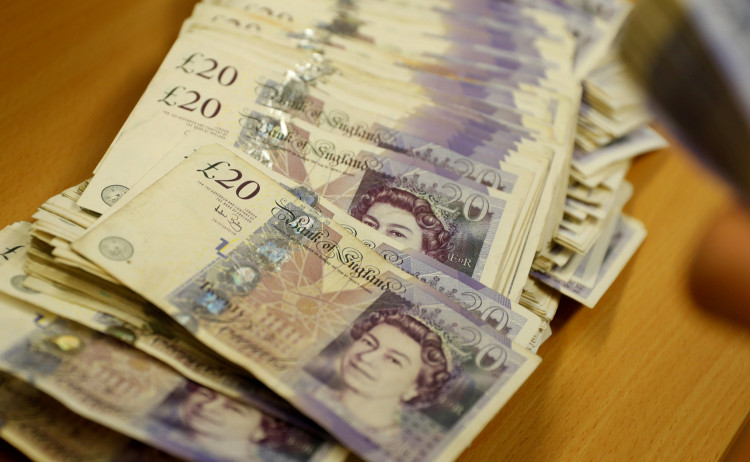Pounds value falls as an effect of the continuing poor performance of UK's manufacturing and construction industry and the Brexit uncertainty. The pound fell by 0.7 percent compared to a dollar and 0.8 percent against euro.
The pound decreased the value by more than a cent when compared to the US dollar which was recorded after the fall of the UK's manufacturing growth that had dropped to its lowest in more than two years.
UK's manufacturing purchasing manager's index decreased from 53.8 in the month of July to 52.8 in August. The fall is significantly lower than economist's predicted value of 54. The PMI reading of 50 will indicate growth.
Manufacturers were expected to gain advantage from sterling's weakness since the Brexit vote because it gives them the chance to sell their products cheaper for buyers abroad. However, UK's PMI fall shows that any uplift in product exports has been shortlived and the foreign demand for UK products dropped since April 2016.
There is the continued uncertainty of the United Kingdom's economy and the Brexit had heightened fears that the country could detach with EU without any trade deal. These fears affected the country's market. Another factor that might have affected the demand of the manufacturing industry of the country is the domino fall of economies globally.
It was reported that optimism among manufacturing firms dropped to a 22-month low and UK's employment is affected. Job creation brought by the firms is now "near stagnation".
Rob Dobson, director at HIS Markit, stated that the performance of the UK manufacturing sector looked "increasingly lackluster" in August. His compiles the survey showing the data of the UK's manufacturing industry.
Dobson added that based on the PMI's historical relationship with official ONS data, the report is consistent in stating that there is zero growth in the manufacturing production and it means that the United Kingdom's economy can't rely on the support that the manufacturing industry could provide. The survey concluded that less than half of manufacturing firms believe that they will gain profit within a year.
On Monday, sterling is down by 0.7 percent against the dollar to $1.286 and 0.8 percent against the euro to €1.10.
David Lowe, head of international trade at the law firm Gowling WLG expressed his reactions to the fall of the pound. According to him, the drop in the value of pound might be because of the issues of the statistics for UK manufacturing. He added that announcements over the weekend from May, Barnier, and Johnson and the growing concern about the risks of a hard or crash Brexit are also noticeable factors of pounds fall.






